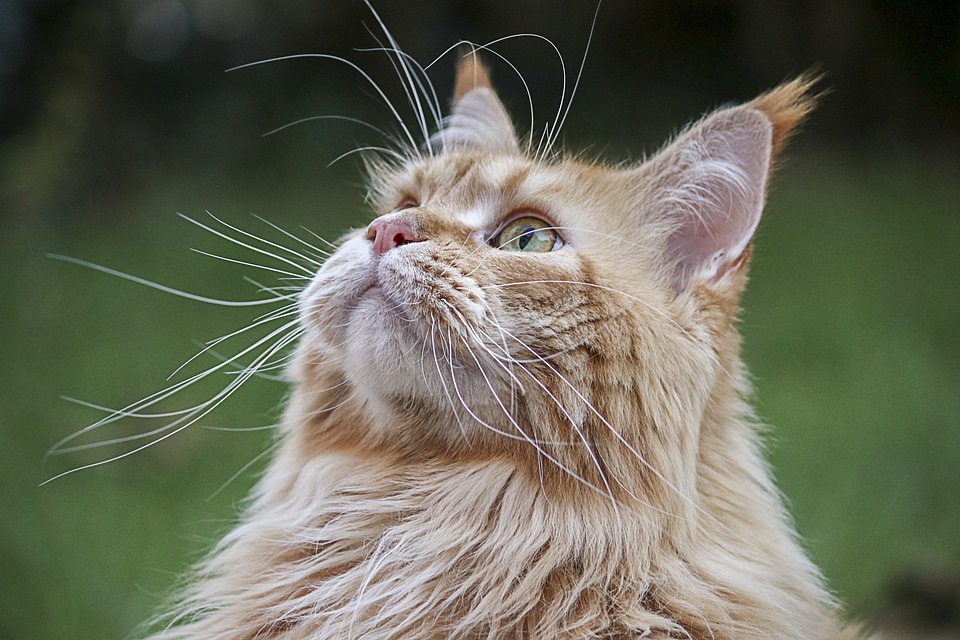Protein is an essential component of a cat’s diet, playing a vital role in various physiological processes. It is important to understand the role of protein in cat nutrition to ensure optimal health and well-being for our feline friends. In this article, we will delve into the importance of protein for cats, the benefits it offers, and answer some frequently asked questions related to feline protein requirements.
Proteins are the building blocks of cells, tissues, enzymes, hormones, and antibodies, all of which are vital for a cat’s growth, maintenance, and overall health. They provide the necessary amino acids, including unique requirements such as taurine, which cats cannot produce themselves. A protein-rich diet ensures an adequate supply of these essential amino acids.
Unlike humans, cats derive a significant portion of their energy from protein metabolism. A protein-rich diet provides the necessary fuel to support their high-energy lifestyle. Additionally, protein plays a crucial role in maintaining and building lean muscle mass, which is essential for a cat’s agility, strength, and overall mobility.
Adequate protein intake also supports a healthy skin and coat, contributing to a glossy appearance and reducing the risk of skin issues. Proteins are essential for the production of antibodies and immune cells, which help defend against infections, diseases, and maintain overall immune health. Growing kittens require higher levels of protein to support their rapid growth and development. A protein-rich diet ensures they receive the necessary nutrients for optimal growth.
The protein needs of cats vary depending on their life stage. Kittens, adult cats, and senior cats have different requirements, with kittens needing the highest protein content. While the quantity of protein is important, the quality of protein is equally crucial. High-quality protein sources like meat, fish, and poultry provide all the essential amino acids and are more digestible compared to plant-based proteins. It is important to provide a well-balanced diet that includes other essential nutrients such as fats, carbohydrates, vitamins, and minerals.
Here are some frequently asked questions related to feline protein requirements:
1. How much protein does a cat need?
Cats generally require diets with a protein content of around 25-40% on a dry matter basis. However, individual cat’s needs may vary based on factors such as age, activity level, and health conditions.
2. Can cats be fed a vegetarian or vegan diet?
Cats are obligate carnivores, meaning they require nutrients found only in animal tissues. Feeding them a vegetarian or vegan diet can lead to severe nutritional deficiencies and health issues.
3. Can excessive protein intake harm cats?
While cats have a higher protein requirement compared to humans or dogs, excessively high protein diets can strain the kidneys in cats with pre-existing renal issues. It is important to consult with a veterinarian to determine the appropriate protein level for your cat’s specific needs.
4. Are all protein sources equally beneficial for cats?
High-quality animal-based proteins like chicken, turkey, and fish are considered the most beneficial for cats due to their amino acid profile and digestibility. Plant-based proteins are generally less optimal for feline nutrition.
In conclusion, protein is a crucial component of a cat’s diet, playing a vital role in their overall health and well-being. Understanding the importance of protein and providing a balanced, high-quality protein diet is essential to ensure optimal nutrition for our feline companions. When in doubt, always consult with a veterinarian to determine the specific protein requirements for your cat’s individual needs.








